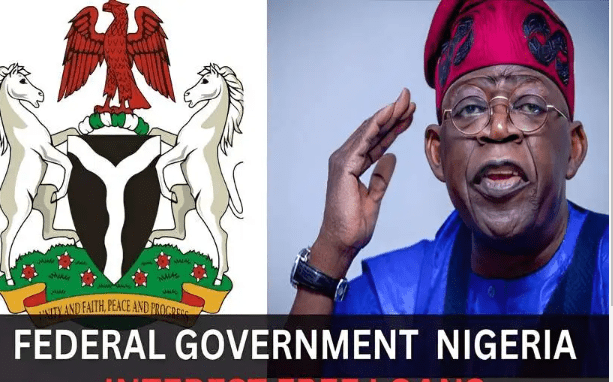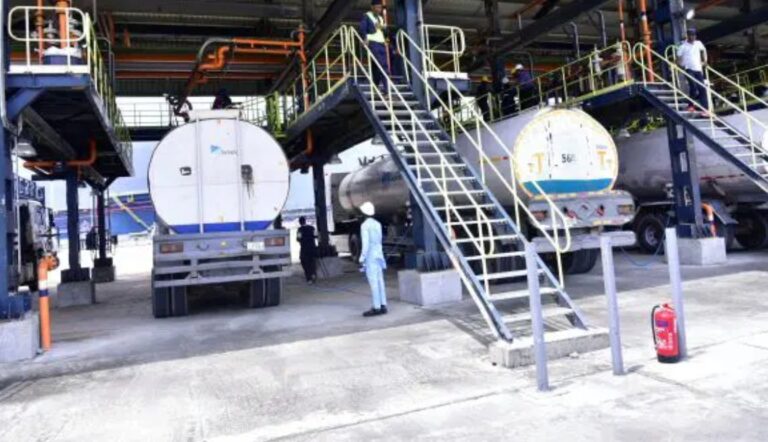Nigeria’s inflation rate is predicted to stabilize at 14 per cent in 2029, indicating a potential end to the current upward trend according to the latest data from the International Monetary Fund.
This projection comes as a relief amidst concerns over the increasing inflation rate, which currently stands at 33.69 per cent as of April 2024, according to the National Bureau of Statistics a variation from the IMF’s prediction of 24.6 per cent in the year.
The IMF data suggests that the inflation rate will gradually decline from 23 per cent in 2025 to 16 per cent in 2026, 15.4 per cent in 2027, and 14 per cent in both 2028 and 2029.
This predicted stabilisation is believed to be a welcome development for the Nigerian economy, which has been grappling with rising inflation and interest rates.
Nigeria’s economy has been facing challenges in recent times, with rising inflation and interest rates posing significant threats to economic growth and stability.
The Central Bank of Nigeria has implemented various measures to address these challenges, including the increase in interest rates at the 295th MPC meeting in May 2024.
However, economists have raised concerns over the continued increase in inflation and interest rates, urging the government to address the underlying drivers of inflation, which are primarily food and transportation costs.
The Chief Economist, SPM Professionals, Paul Alaje, who spoke exclusively to PUNCH online via phone decried the increase in the Monetary Policy Rate.
He said, “I do not encourage any increase in MPR because the increase would have implications.
“Already within 4 weeks, we have seen the Monetary Policy Committee increase on 600 basis points, the MPR.
Alaje asserted that Nigeria is getting poorer and the economy is growing at a slow pace.
“We need to look at other tools rather than monetary tools in providing solutions to our economy. Monetary authorities have tried their best and we have seen so many things they have brought, however, despite all of the efforts, the exchange rate is back at 1,500 heading towards 1,600.
“Our solution would go beyond forcing and using monetary tools when we know that it is not just money supply influencing what we have,” he said.
However, another economist Jonathan Thomas said he believed “the IMF prediction of a stabilised inflation rate in 2029 is a positive indicator for the Nigerian economy. However, the government and monetary authorities must remain vigilant and implement policies that address the root causes of inflation.”
The current increase in inflation and interest rates has significant implications for businesses, households, and the overall economy.
By addressing the drivers of inflation and maintaining a stable economic environment, Nigeria can promote sustainable economic growth and development and possibly meet up with the IMF’s prediction.




